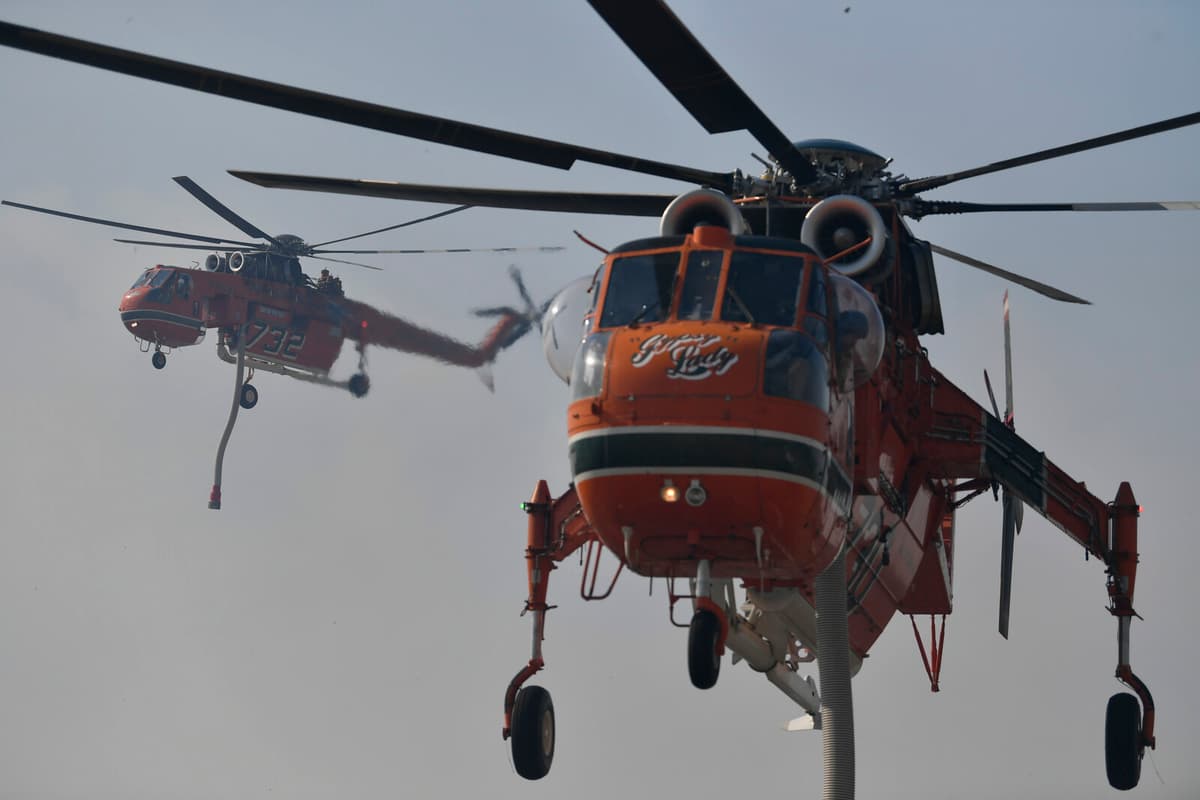Russia's war in Ukraine, but also the concern about floods and forest fires, lies behind the "preparedness union" that the EU Commission is trying to launch.
We must change our mindset. We must think about how we prepare ourselves in a more preventive way, states an EU official about the strategy now being presented.
Most notable: the public is urged to ensure they have sufficient supplies to survive for at least three days in a crisis situation.
"Our citizens, our member states, and our companies need to have the right tools to both prevent crises and react quickly when a disaster occurs," says Commission President Ursula von der Leyen in a press release.
In total, the strategy consists of 30 concrete points and an action plan. Among other things, minimum criteria are proposed for how prepared hospitals, schools, and other necessary institutions need to be. The EU Commission also wants to see more stockpiling of vital equipment and more joint crisis exercises at EU level.
Additionally, a special "preparedness day" is proposed to further emphasize the importance of being prepared.
The EU Commission has presented a strategy for a preparedness union aimed at improving the EU's and member states' "capacity to prevent and respond to emerging threats".
Four specific risk areas are highlighted:
* natural disasters such as floods and forest fires
* human-induced disasters such as industrial accidents and pandemics
* hybrid threats such as cyberattacks, disinformation, and sabotage
* geopolitical crises such as armed conflicts
The plan builds largely on a preparedness report presented by Finland's former President Sauli Niinistö last year, on behalf of Commission President Ursula von der Leyen.






